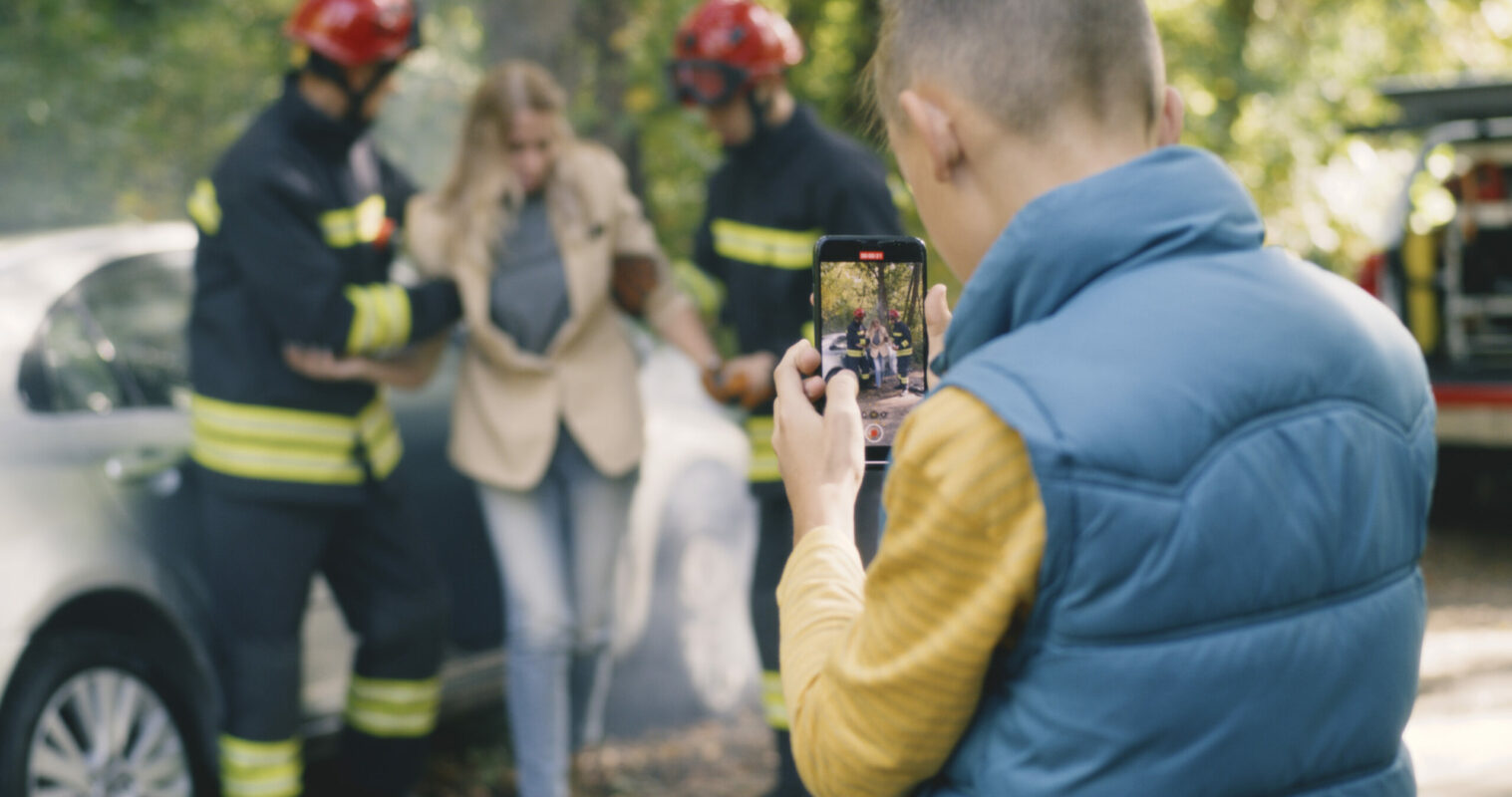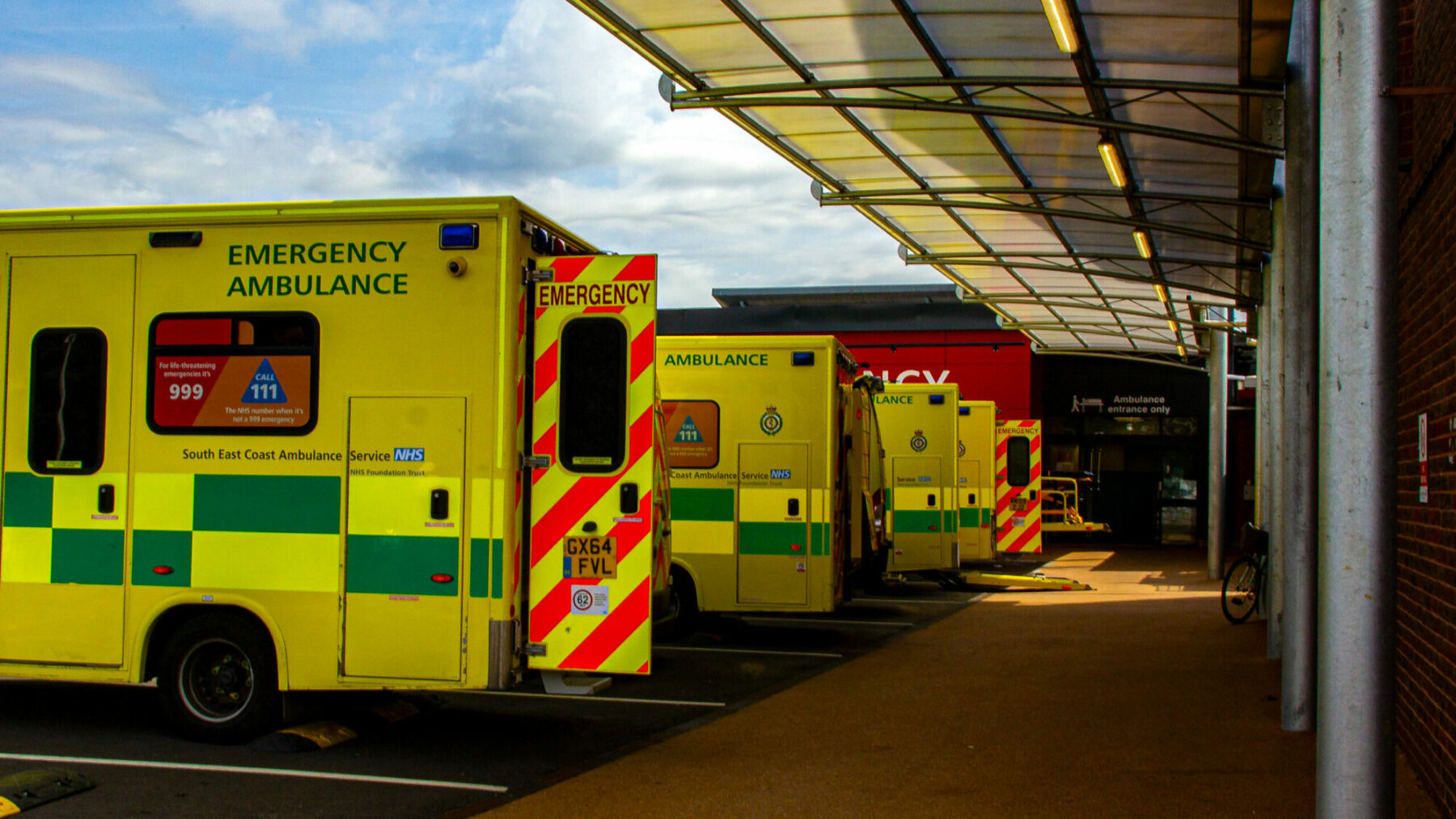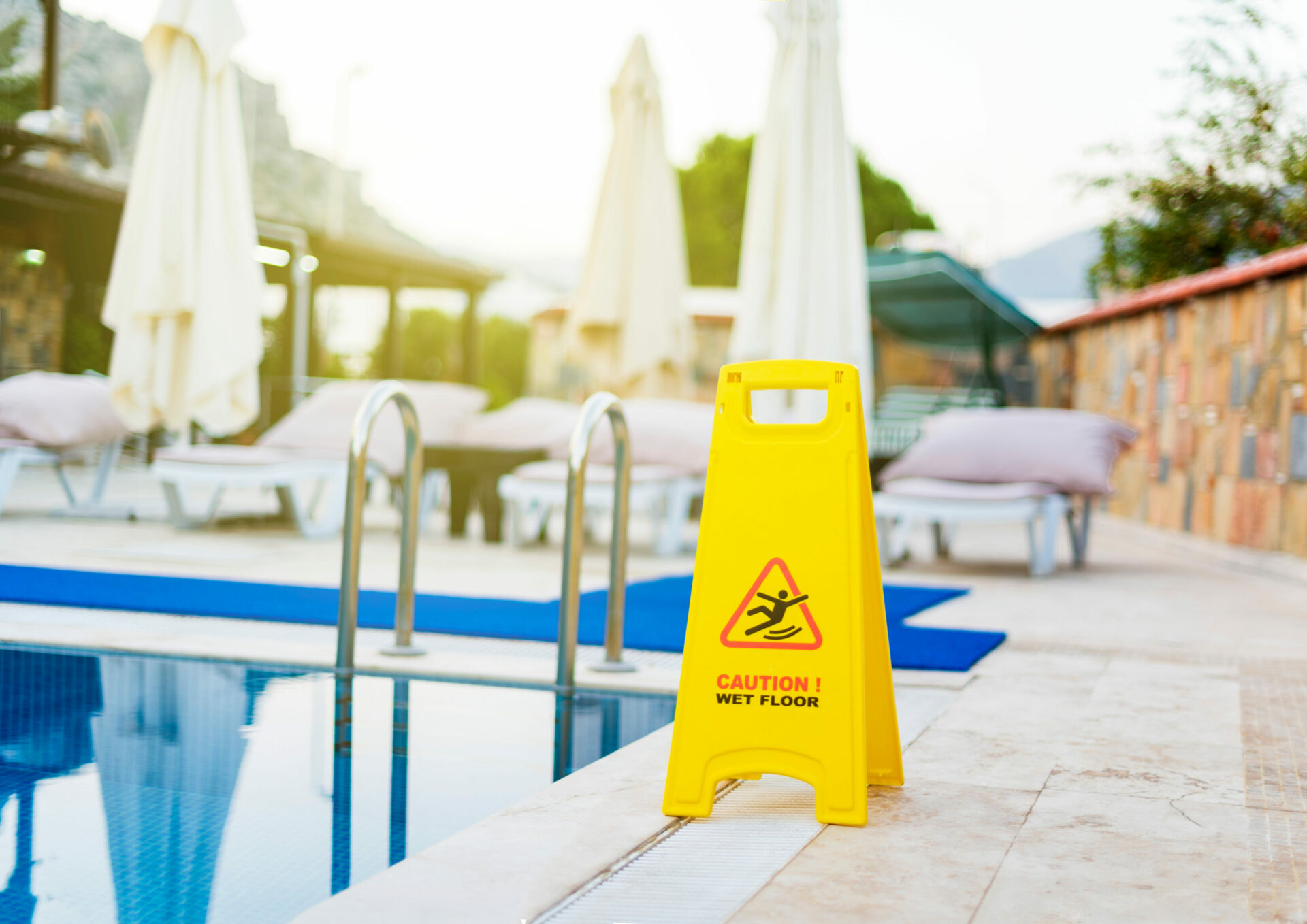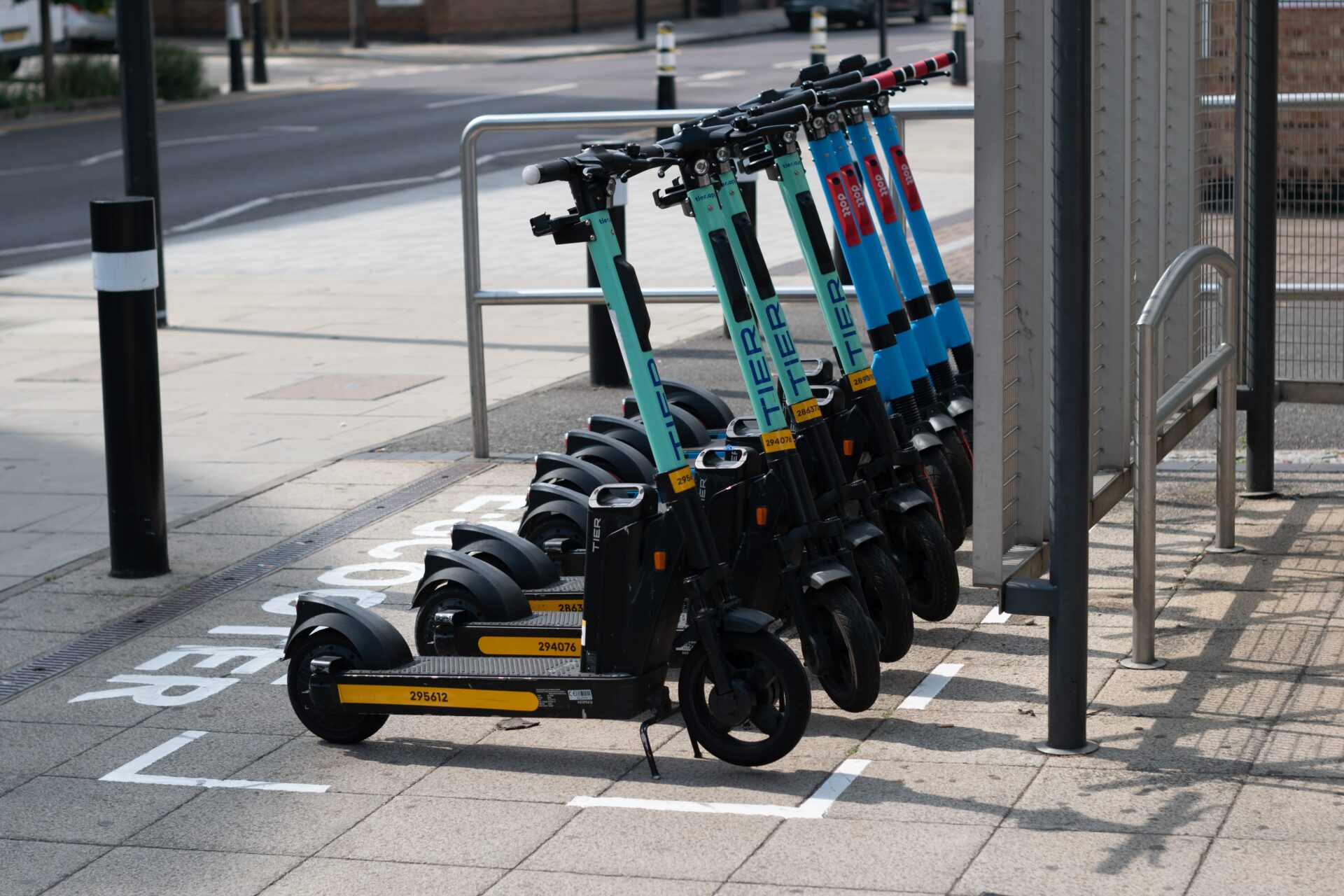
One of this weeks major personal injury news stories concerned United Airlines and a 69-year-old doctor who was ripped from his seat by security agents at Chicago airport after refusing to give it up.
It has emerged that Dr David Dao has filed a lawsuit against United, who are facing a PR disaster after its CEO, Oscar Munoz initially failed to apologise and then tried to place the blame for the incident on Dr Doa.
While the details of the lawsuit have not yet been revealed, Dr Dao has reportedly retained the services of a top personal injury lawyer and is likely to claim compensation from the police for personal injury. United Airlines will also face compensation claims, which could range from assault and battery to emotional distress.
The most common claims brought against the police relate to acts of negligence. In their day to day role, officers are required to tread a delicate line of maintaining public order while upholding their duty of care not to use unnecessary force or cause harm.
Seldom do cases involving claims for police compensation involve such dramatic failures of duty as seen in the United Airlines footage[1] though. And it must be made clear that in most cases, police officers act with the utmost integrity under extremely trying circumstances.
Cases of police negligence, however, do occur, and if you are a victim, you may be entitled to claim compensation.
Who is liable for police negligence?
Technically, police officers are not employees, but office-holders. However, under s 88 of the Police Act 1996, the Chief Constable of the relevant police force (or the Commissioner of Police for the Metropolis in London) will be held responsible for ‘any unlawful conduct of constables under his or her direction and control in the performance or purported performance of their functions in the same manner as an employer.
If I have been injured by the police, what evidence do I need to prove negligence?
To make a successful claim for compensation in any personal injury claim, negligence must be proven. Your personal injury lawyer must show the following:
- The police owed you a duty of care;
- they breached that duty; and
- because of that violation, you suffered harm.
Often personal injury claims against the police involve the claimant suffering from trauma when excessive force is used in an arrest. There is much debate about what constitutes reasonable force by the police. Under the Police and Criminal Evidence Act 1984, the police are held to a higher standard than the rest of society when it comes to deciding whether reasonable force was used because:
- they are trained to use force; and
- they have a duty, as public bodies, under the Human Rights Act not to use force that might constitute “inhuman and/or degrading treatment.”
The Royal College of Policing advises that officers must consider if the level of force is ‘proportionate or excessive’ and act accordingly.
To bring a successful claim of negligence for a personal injury caused by the police using excessive force, it is important to gather as much evidence as possible after the event. Examples of evidence which may support your case include:
- CCTV footage
- witness statements
- the findings of the Police Complaints Commissioner regarding the incident
- details of place, date and time of the incident
- the circumstances leading up to and during the alleged use of excessive force
An experienced personal injury solicitor will help collate and evaluate the evidence required to prove that excessive force was used, and therefore that the police officer breached their duty towards you.
Can I sue the police for emotional distress?
Claiming for emotional distress or psychiatric injury is complex, requiring specialist personal injury law knowledge. If you have suffered a physical and psychiatric injury because of police negligence, you may be entitled to recover damages if the psychiatric injury is proved. Often this requires an expert in mental health to give evidence.
Claims become more challenging if a psychiatric injury occurred in the absence of physical harm.
Victims of police negligence or brutality can be left with life-changing mental injuries. Psychiatric damage such as post-traumatic stress disorder can require years of rehabilitation in the form of counselling and/or medication and can limit the ability of the victim to undertake employment.
In summary
Whilst we may deplore the treatment of Dr Dao at the hands of the Chicago airport police and United Airlines, the truth is that many victims of police negligence and brutality never receive the support they need and the travesties committed against them are not investigated.
Seeking compensation is a way of taking back control of your circumstances. The money can be used to help fund rehabilitation for your physical injuries and/or counselling to help you recover from emotional distress.
[1] http://edition.cnn.com/2017/04/12/travel/united-passenger-pulled-off-flight/
Table of content
Recent Posts
Cryptoasset Tax Changes From January 2026
The world of cryptoassets is in a constant state [...]
UK Housing Market – 2025 Update
Buying your first home in the UK is not a [...]
Can You Put Digital Assets In A Trust? – How To Protect Your Digital Estate
In an era where our lives are increasingly played out [...]








